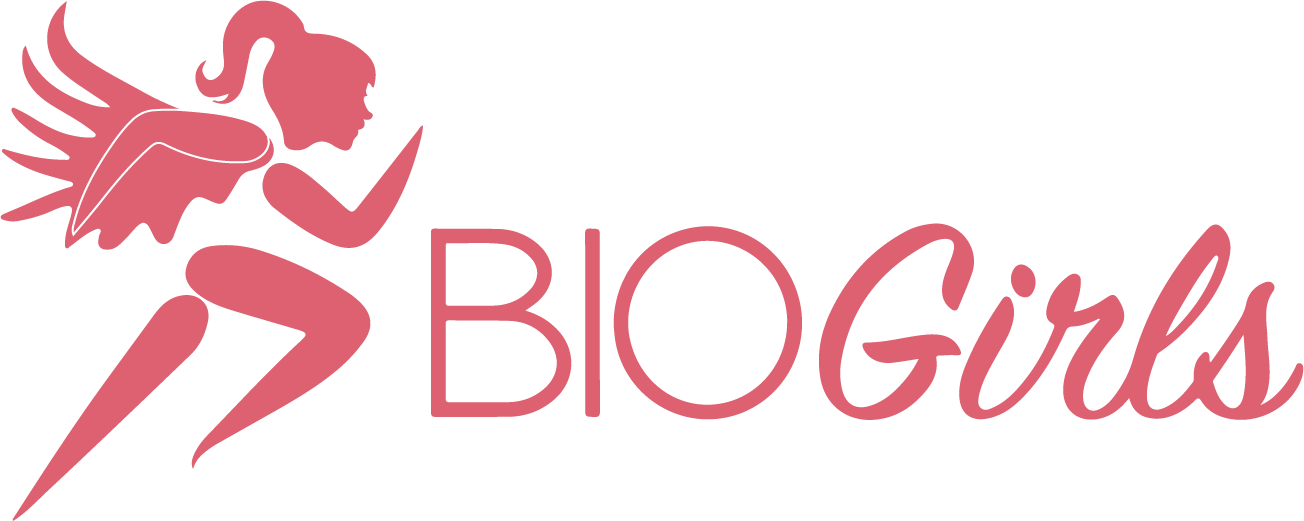What to do When – Your Child Says “I’m Fat” or Asks “Am I Fat?”
What To Do When…
Your Child Says “I’m Fat” or Asks “Am I Fat?”
Dr. Taylor Aasand, MPH, RDN, CEDS
“Fat.” When we hear this word coming out of our kids’ mouths, it can often stop us in our tracks. If your child says to you, “Mom, am I Fat?” or “Dad, I feel fat today,” just know that you are not alone. It’s also okay if you don’t know what to say in response. In a world filled with social media, and pressures on people of all ages and genders to look a certain way, it’s no surprise that we are in an epidemic of eating disorders and body image distress. Take a deep breath with me, and I’ll share a few tips as a certified eating disorder specialist and registered dietitian. The following is what I share with a majority of my clients and when applicable, their parents.
I want to start off this message by reminding us all that the word “fat” itself is not a bad word. Yet society has turned “fat” into a derogatory term making it something to fear. Our society tends to view people in larger bodies as “lazy” or “unhealthy” and therefore something we don’t want to be. These are unfortunately stereotypes that are unfair and perpetuate something called weight stigma, which is defined as discriminating against people solely because of their body shape and size. Americans see weight stigma at school, the doctor’s office, in relationships, and in the workplace. Because people in larger bodies often tend to be unfairly viewed as “lazy, undisciplined, and unhealthy,” not surprisingly this has huge effects on both physical and mental health.
People can be healthy at all shapes and sizes, just like they can be unhealthy at all shapes and sizes. I remind my clients that we want to focus on someone’s behaviors since those are something we have control over, whereas most of our body size and shape, we do not. Clients of all shapes and sizes come to my office, and we always focus on behaviors to support health and emotional well-being, whether it be Intuitive Eating, Eating Disorder Recovery involving a food and movement plan, or body image concerns. Most of the body image work I do with clients references the research we have available regarding weight stigma and Health at Every Size (HAES). HAES has a core message of: regardless of your size, you deserve access to competent healthcare. For more information about HAES, look to the Association for Size Diversity and Health: ASDAH.
Knowing what we know, we are still going to be in situations where someone we love, maybe even ourselves, tries to label or judge their body. Below are 4 things you can say in response when your child says “I’m fat” or asks “Am I Fat?”
1. Can you tell me more about what brought this on?
What we are doing here is approaching the conversation with curiosity. It also helps buy you some time to find out what happened. What is so important to remind ourselves in these situations is that your child trusts you enough to tell you how they are feeling. Now it’s our job as parents to dig a little deeper.
2. Thank you for telling me how you’re feeling. I’m here to listen.
Your job is to listen, not fix.
3. Your body is amazing!
We get the great opportunity to remind our children how amazing their bodies are regardless of what their size is. Examples of this are: playing with friends, hugging loved ones, listening to our favorite songs, etc. That bodies are meant to be different colors, shapes and sizes. And that all bodies have different abilities. I love Tyler Feder’s book “Bodies are Cool” for a beautiful illustrated and written message on diversity.
4. I have felt this way before.
Maybe you can share an experience on when you didn’t feel so great in your own body. You can empathize and remind your child that these feelings tend to pass, and that they are valid feelings, but often not rooted in fact.
Avoid saying “You’re not fat.” This likely is your first instinct; however, it harms more than it helps as it dismisses your child’s feelings. Your child is feeling a certain way, and you want to get to that feeling and then help your child process or even just accurately talk about it. Saying “You’re not fat” also reinforces the notion that fat is bad. We are trying to take the focus away from your child’s body weight and size.
